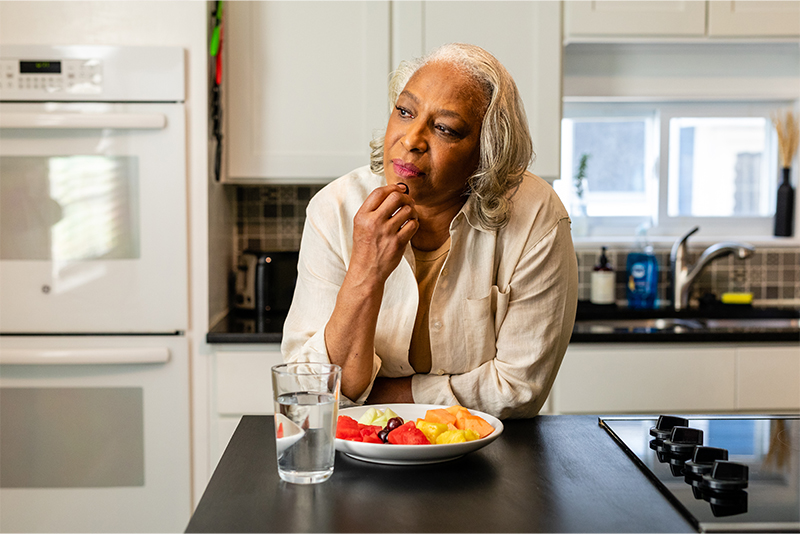Relationship Changes After Brain Injury Can Be Hard. These Tips Can Help.


Find help for relationship changes after a brain injury here.
Amidst the various life changes following a traumatic brain injury (TBI), personal relationships are impacted in a variety of ways as a result of:
- Adjustments in responsibilities
- Adjustments in relationship roles
- Problems with communicating
- Handling emotions and mood swings
Becoming accustomed to these changes often brings about feelings of uneasiness in the relationship, which can lead to increased stress, anxiety, and frustration.
RESPONSIBILITIES
Considering the traumatic brain injury survivor must concentrate on healing, many daily tasks are shifted to the person’s partner. The partner also has to provide support with managing the survivor’s recovery while keeping up with his or her own regular obligations, which can lead to disregarding self-care and personal interests.
On top of that, the TBI survivor may perhaps be searching for more attention, which can create feelings of frustration and distress on both sides. Understanding that these are common feelings following a traumatic brain injury and preserving open lines of communication with each other can help.
RELATIONSHIP ROLES
In many cases, after a traumatic brain injury, relationship roles are switched. The partner may now be making decisions that the TBI survivor used to make, like financial or childcare choices. The survivor may then differ with the partner’s decisions, which can produce added stress and frustration.
Develop a better insight of each other’s new roles through:
- Modifying your viewpoint to observe things through the other person’s eyes
- Serving as a mentor/consultant for each other in your new roles, versus being critical
COMMUNICATION
After a TBI, relationships can struggle due to a lack of communication, resulting from a fear that asking questions or expressing feelings might create misconceptions.
A loss of communication can lead to:
- Feelings of separation or disconnectedness
- Suppressed emotions
- Challenges with getting used to a new normal
To cultivate open and truthful communication:
- Abstain from speaking about difficult issues when the other person feels aggravated or irritated.
- If broaching a sensitive topic, be sure there is ample time available for the dialogue.
- Schedule a fun date with each other such as watching a movie on TV, playing a game, dining at a favorite restaurant or taking a walk to lower tension.
- For really sensitive subjects, try writing a letter to your partner, conveying your position and feelings.
- Take time for simply talking, to get to know each other again.
EMOTIONS
Common emotional changes for a traumatic brain injury survivor can include difficulties regulating outrage, diminished empathy, mood swings and depression. It’s important for partners to recognize that these emotional concerns are a reflection of the trauma, not the relationship.
Tips to help include:
- Having a conversation about what makes the survivor sad, worried or angry.
- Being attentive to when mood changes occur in order to help discover why they occur.
- Remaining patient, but setting firm boundaries that threatening, insulting or harming others is not okay.
Realize that there may be grief and disappointment involved with missing the “pre-injury” person. But, with a combination of knowledge, encouragement and compassion, it is possible to preserve healthy, loving relationships. It’s just as important to accept care support to permit each other more time to place emphasis on the relationship separate from care needs.
Contact Hired Hands Homecare to learn more about our specialized care for persons with TBI from our highly skilled Santa Rosa, CA in home care team.








Leave a Reply